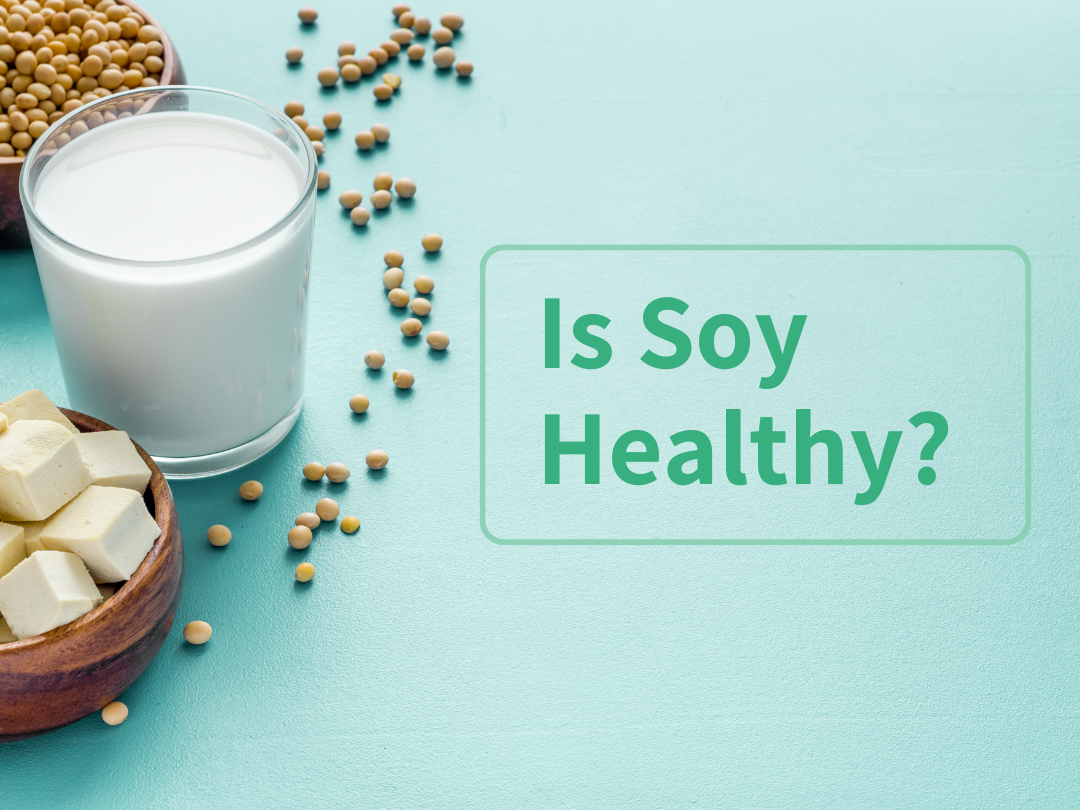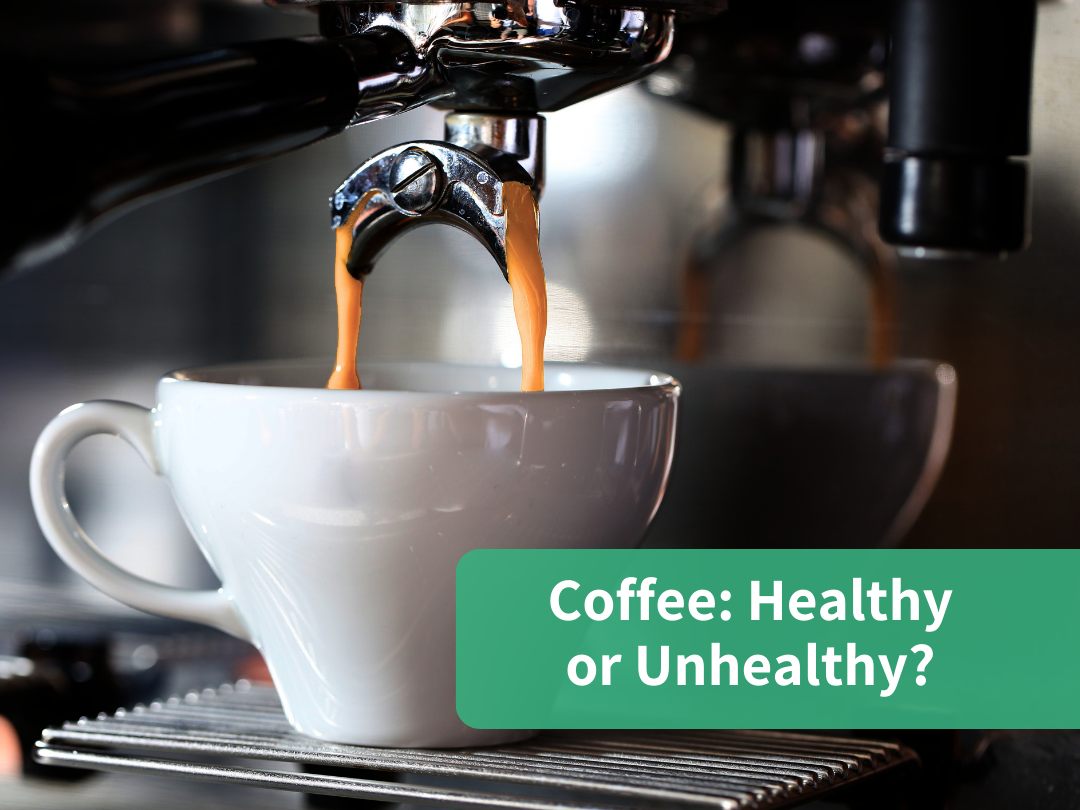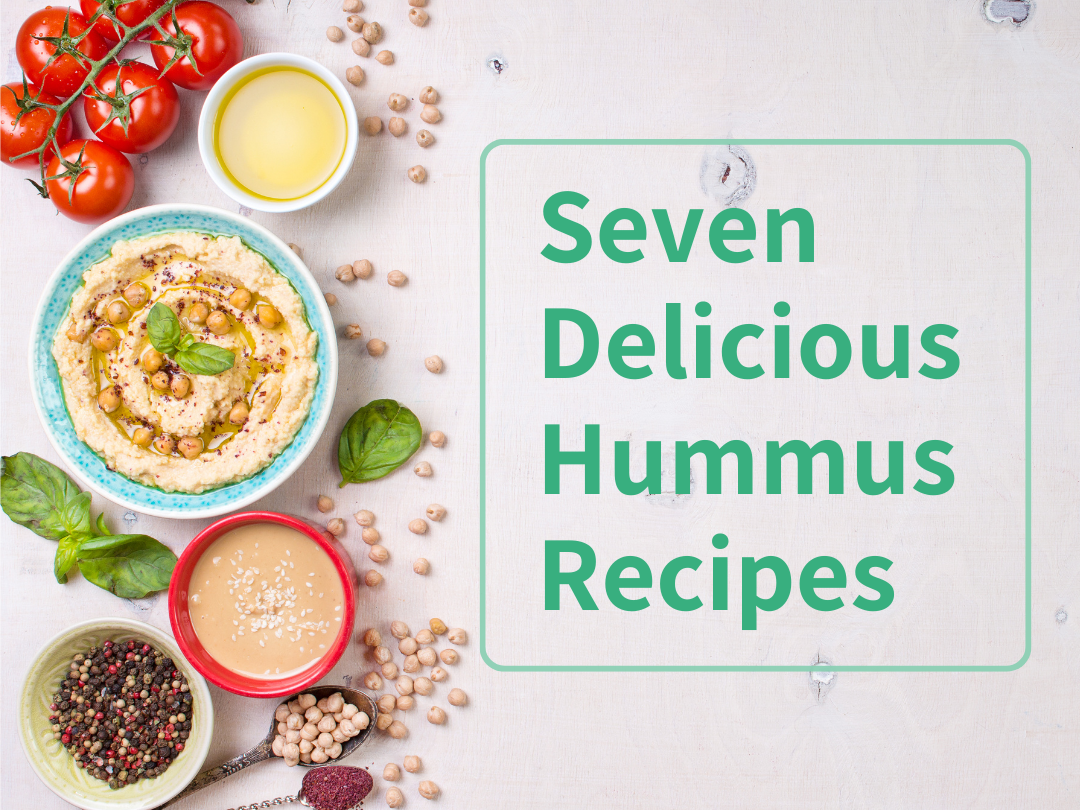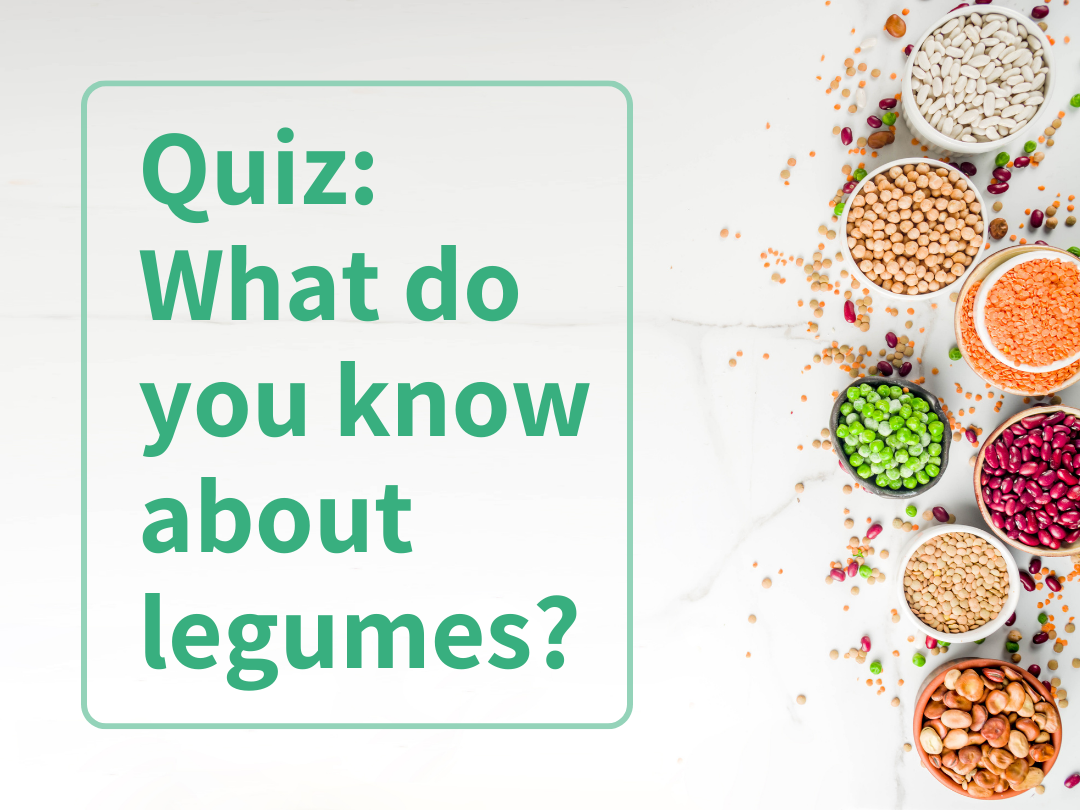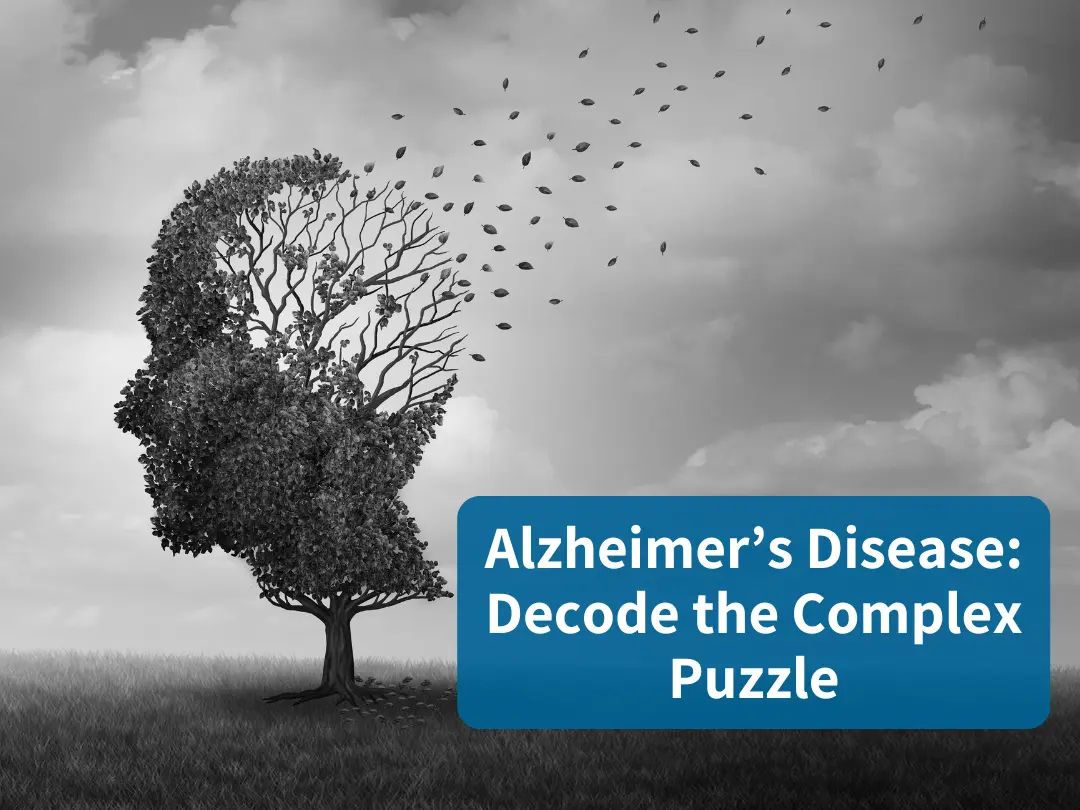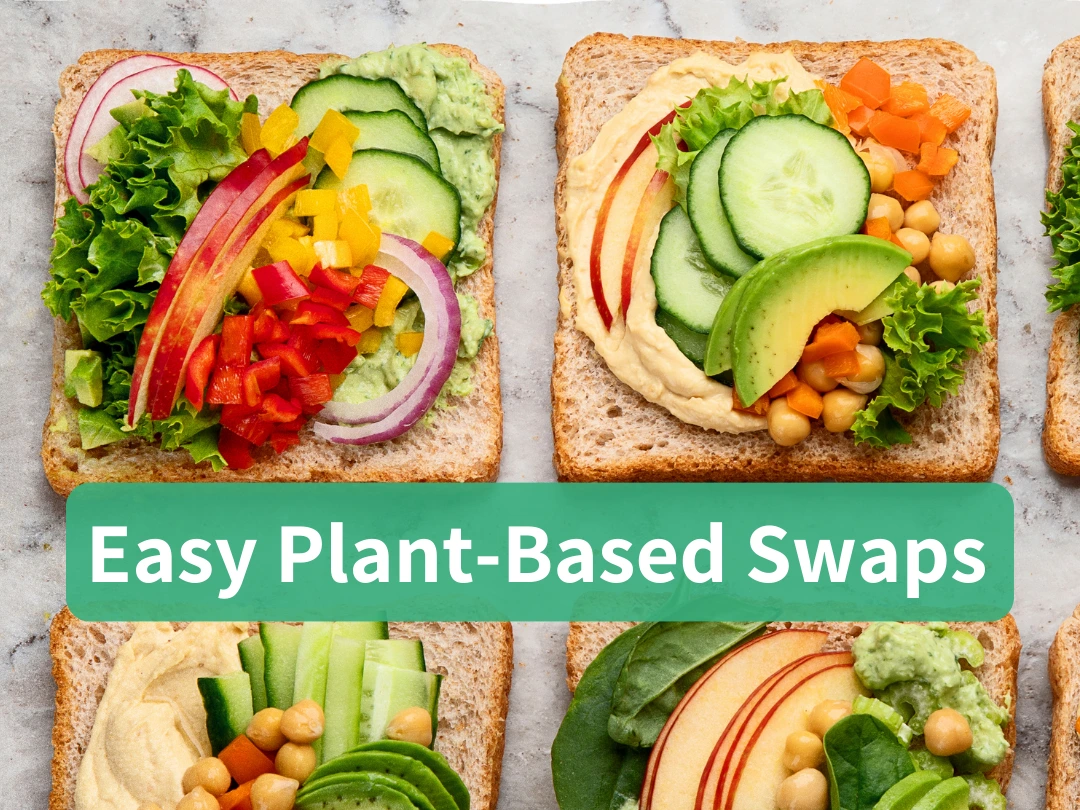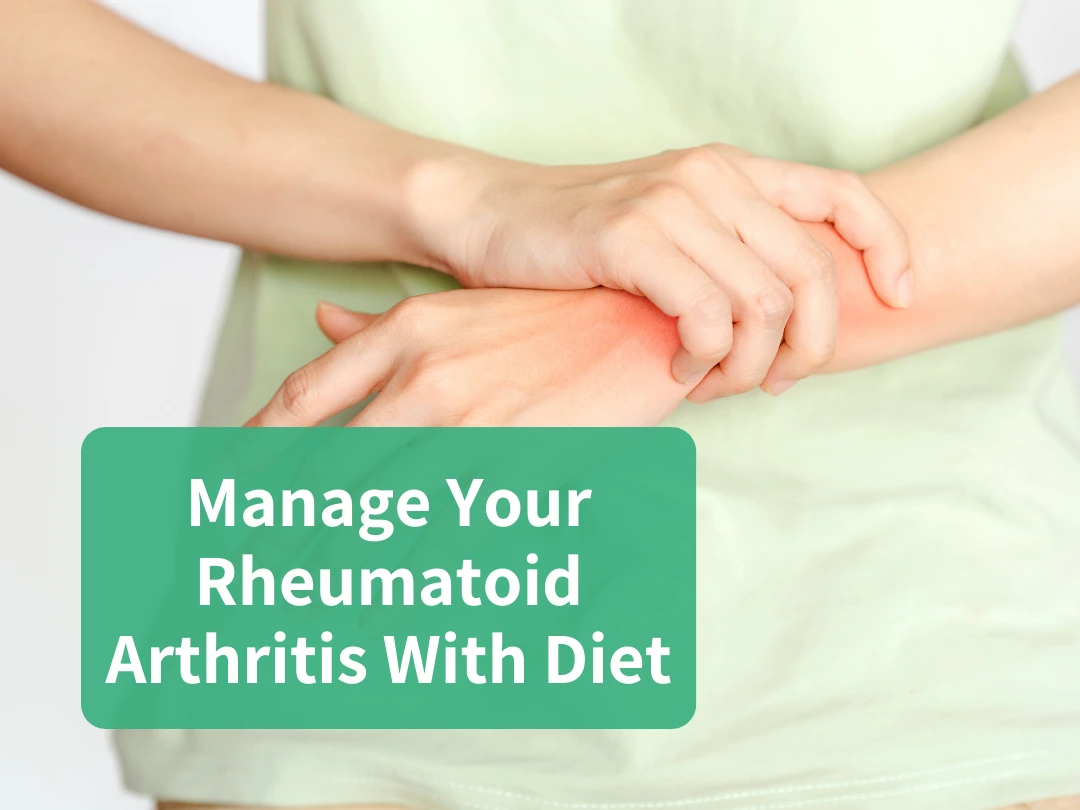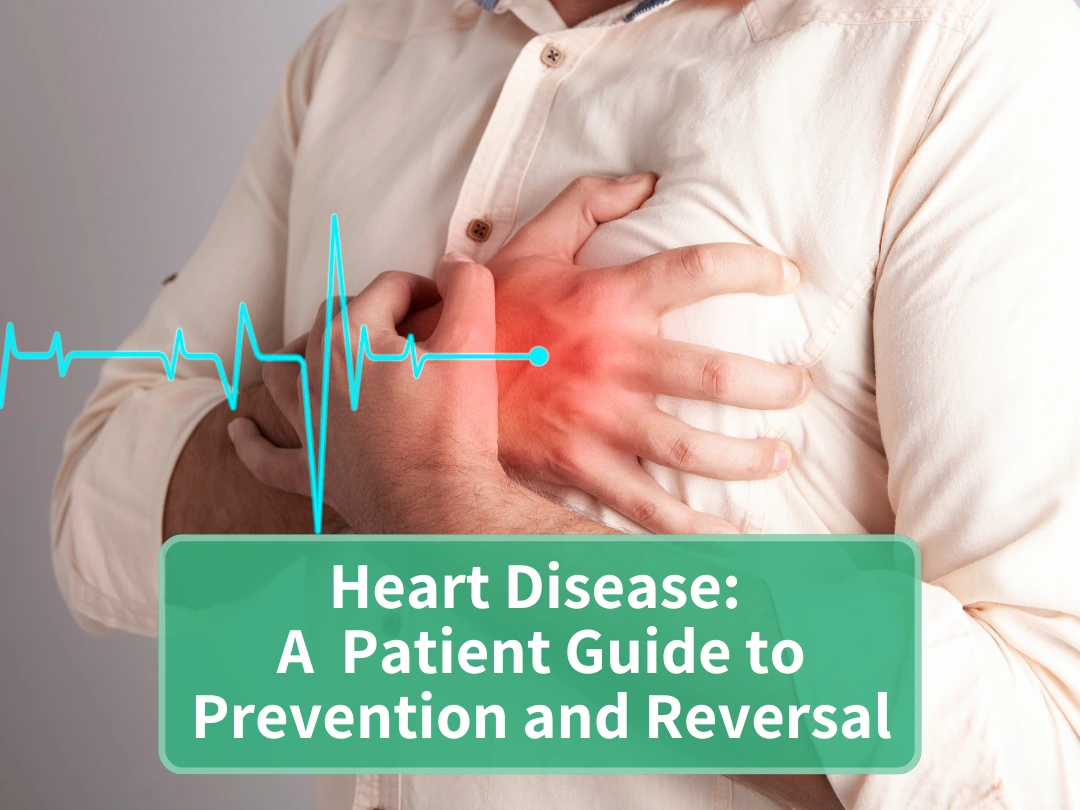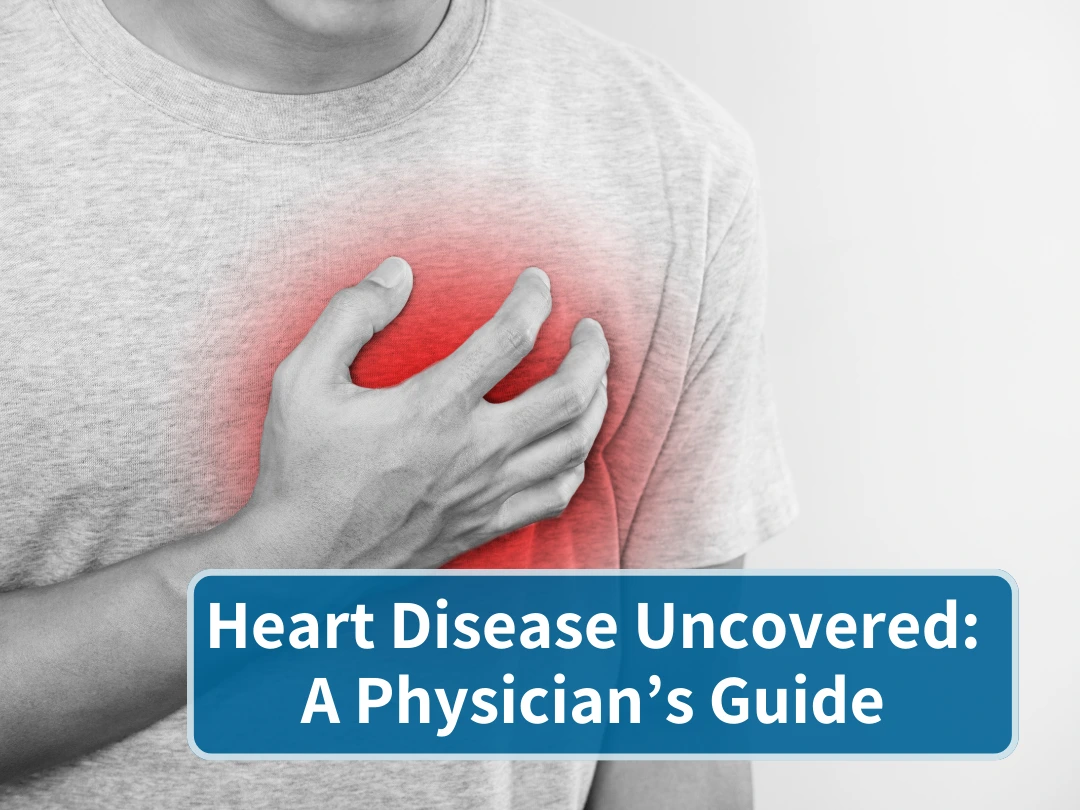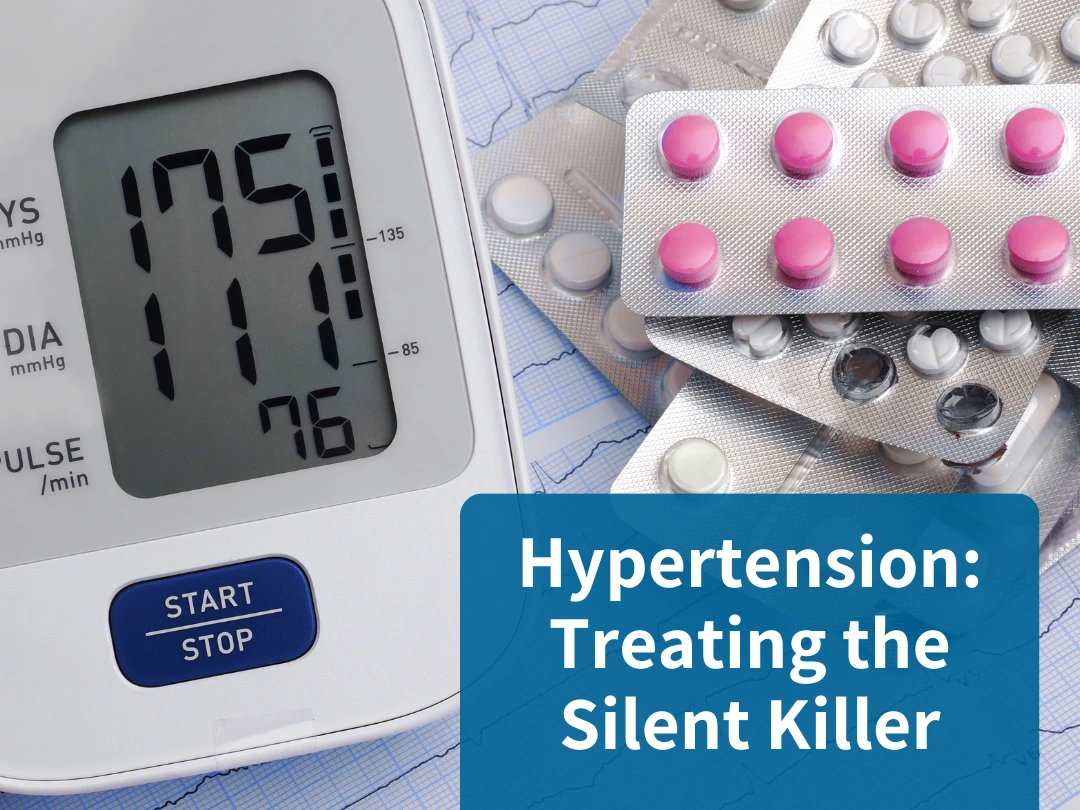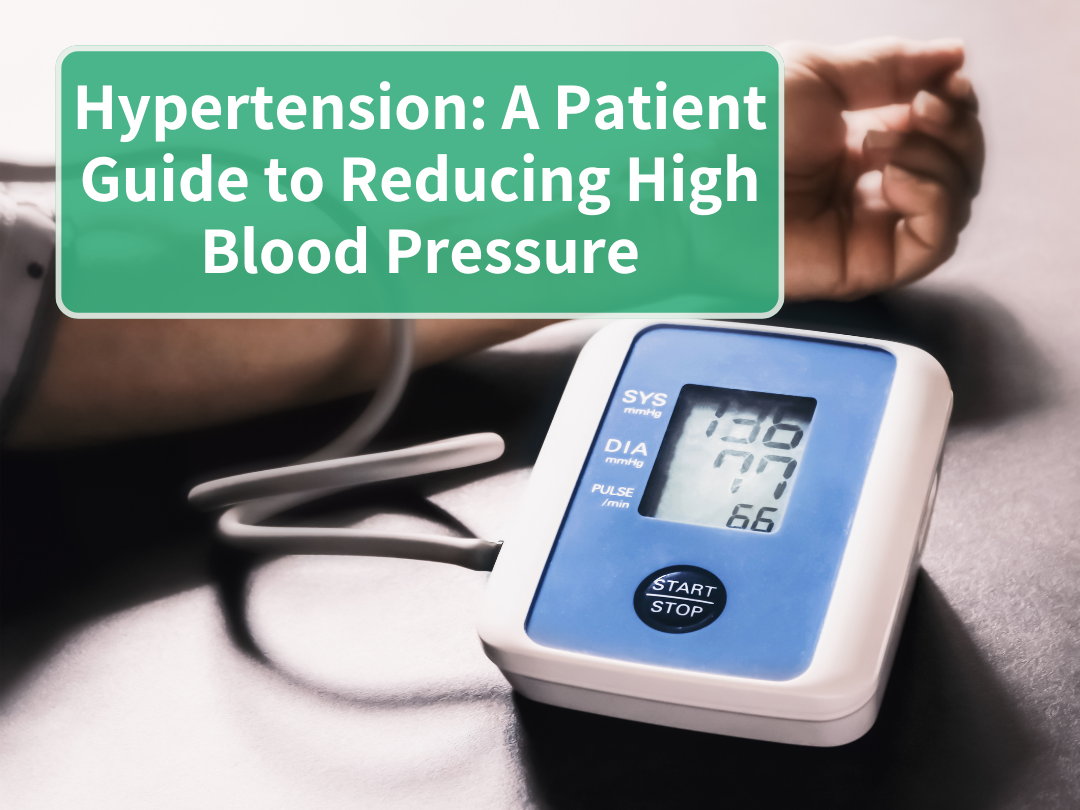
Frequenty Asked Questions
General questions about plant-based nutrition
Find answers to what plant-based nutrition is, how to make the switch towards eating more plants, and why PAN advocates for it.
Questions about specific nutrients
Find answers to all your questions about calcium, plant-based protein and nutritional supplements like B12 and iodine.
Questions about specific foods or groups
Find answers to all your questions related to specific food groups like legumes or whole grains.
Questions about nutrition and medicine
Find answers to what nutrition science is capable of and what it’s not.
General questions about plant-based nutrition
Your Title Goes Here
Your content goes here. Edit or remove this text inline or in the module Content settings. You can also style every aspect of this content in the module Design settings and even apply custom CSS to this text in the module Advanced settings.
What are plant-based dietary patterns?
A plant-based diet consists of diverse dietary patterns that emphasise foods derived from plant sources coupled with lower consumption or exclusion of animal products. A healthy plant-based diet maximises calories from whole or minimally processed plants.
Dietary patterns that promote eating more plants and fewer animal foods include:
- Mediterranean diet
- DASH diet (Dietary Approaches to Stop Hypertension)
- MIND diet (Mediterranean Dash Intervention for Neurodegenerative Delay)
- Nordic diet
- Portfolio diet (to help lower cholesterol)
- Vegetarian diet
- Flexitarian diet (general meat reduction, also called a semi-vegetarian diet)
- Vegan diet
- Whole-Food plant-based diet
Sources
- World Health Organization. Regional Office for Europe. ‘Plant-Based Diets and Their Impact on Health, Sustainability and the Environment: A Review of the Evidence: WHO European Office for the Prevention and Control of Noncommunicable Diseases’. World Health Organization. Regional Office for Europe, 2021. https://apps.who.int/iris/handle/10665/349086.
- Satija, Ambika, and Frank B. Hu. ‘Plant-Based Diets and Cardiovascular Health’. Trends in Cardiovascular Medicine 28, no. 7 (October 2018): 437–41. https://doi.org/10.1016/j.tcm.2018.02.004.
- Melina, Vesanto, Winston Craig, and Susan Levin. ‘Position of the Academy of Nutrition and Dietetics: Vegetarian Diets’. Journal of the Academy of Nutrition and Dietetics 116, no. 12 (1 December 2016): 1970–80. https://doi.org/10.1016/j.jand.2016.09.025.
Why promote plant-based diets? The guidelines are changing all the time.
Many food and health organisations recognise the importance of whole foods plant-based diets as an effective way of preventing many non-communicable diseases and reducing the environmental impact of diets. A growing number of cancer and cardiovascular disease prevention organisations, and food-based dietary guidelines from several countries highlight the importance of consuming diets centred on whole plant-based foods. Eating less beef and ultra-processed products are often provided as another important recommendation to reduce diet-related environmental impact and disease burden.
Sources
- World Health Organization. Regional Office for Europe. ‘Plant-Based Diets and Their Impact on Health, Sustainability and the Environment: A Review of the Evidence: WHO European Office for the Prevention and Control of Noncommunicable Diseases’. World Health Organization. Regional Office for Europe, 2021. https://apps.who.int/iris/handle/10665/349086.
- Klapp, Anna-Lena, Nico Feil, and Antje Risius. ‘A Global Analysis of National Dietary Guidelines on Plant-Based Diets and Substitutions for Animal-Based Foods’. Current Developments in Nutrition 6, no. 11 (November 2022): nzac144. https://doi.org/10.1093/cdn/nzac144.
Would it be possible to switch to a healthy diet without losing the pleasure and flexibility of eating?
Having a healthy lifestyle and following a nutritious diet can be both enjoyable and tasty.
Eating ready-made ultra-processed food is not the best for our health. To adopt a healthy diet, it’s best to cook and prepare foods at home.
If you decide to switch to a diet focused on whole plant-based foods, you may need to learn how to cook and include foods like beans and lentils. It might be difficult at first, but the good news is that it will become easier over time. Just keep cooking! Furthermore, you will get used to all the fantastic flavours and textures of vegetables, fruits, whole grains, and legumes.
Sources
- Munt, A. E., S. R. Partridge, and M. Allman-Farinelli. ‘The Barriers and Enablers of Healthy Eating among Young Adults: A Missing Piece of the Obesity Puzzle: A Scoping Review’. Obesity Reviews 18, no. 1 (2017): 1–17. https://doi.org/10.1111/obr.12472.
- Wolfson, Julia A., and Sara N. Bleich. ‘Is Cooking at Home Associated with Better Diet Quality or Weight-Loss Intention?’ Public Health Nutrition 18, no. 8 (June 2015): 1397–1406. https://doi.org/10.1017/S1368980014001943.
Do plant-based diets cause nutritional deficiencies and damage to health?
Plant-based diets, when planned appropriately, promote optimal health and reduce the risk of many common diseases such as cardiovascular disease. A balanced and colourful diet centred on fruits, vegetables, whole grains, legumes, nuts, and seeds will provide the body with plenty of healthful vitamins and components such as folic acid, vitamin K and dietary fibre and less unhealthy ones such as saturated fat. In the case of a plant-exclusive diet, some supplementation is recommended.
Sources
- Melina, Vesanto, Winston Craig, and Susan Levin. ‘Position of the Academy of Nutrition and Dietetics: Vegetarian Diets’. Journal of the Academy of Nutrition and Dietetics 116, no. 12 (1 December 2016): 1970–80. https://doi.org/10.1016/j.jand.2016.09.025.
- Richter, M., H. Boeing, D. Grünewald-Funk, H. Heseker, A. Kroke, E. Leschik-Bonnet, H. Oberritter, D. Strohm, and B. Watzl. ‘Position of the German Nutrition Society (DGE).’ Ernährungs Umschau 63, no. 4 (2016): 92–102. https://www.ernaehrungs-umschau.de/fileadmin/Ernaehrungs-Umschau/pdfs/pdf_2016/04_16/EU04_2016_Special_DGE_eng_final.pdf
Questions about specific nutrients
Your Title Goes Here
Your content goes here. Edit or remove this text inline or in the module Content settings. You can also style every aspect of this content in the module Design settings and even apply custom CSS to this text in the module Advanced settings.
Should I take nutritional supplements?
The only vitamin that a diet based exclusively on plants cannot adequately provide is vitamin B12 (see FAQ on vitamin B12 supplementation). Moreover, the use of iodised salt is strongly recommended in plant-based diets (see FAQ on Iodine). Omega-3 supplementation is also strongly recommended during pregnancy and infancy when following a plant-based diet (see FAQ on Omega-3). People with limited access to sunlight might need vitamin D supplements (regardless of their dietary pattern).
The recommended intake of all the other minerals and nutrients can be met by eating a well-planned whole food plant-based diet. Pregnant and breastfeeding should pay attention to some critical nutrients and supplementation is usually recommended. It is always best to check with your healthcare provider before taking any supplement, particularly during pregnancy, breastfeeding and in children.
Should I take iodine supplements?
Iodine, a mineral present in certain foods, is necessary to produce thyroid hormones in the human body. These hormones play a crucial role in regulating the body’s metabolism, as well as supporting brain and bone development during pregnancy and infancy. Ensuring an adequate intake of iodine is particularly important for infants and pregnant women. Iodine deficiency might result in hypothyroidism, goitre, and impaired child development.
The iodine content of foods can vary due to the amount found in the soil, water, and animal feed. Thus, plant foods may or may not have iodine depending on where they are grown and other factors. Seafood and dairy products are good sources of iodine. Consuming iodised salt is an effective and widely recommended way of getting all the iodine the human body needs. However, salt (also when iodised) can raise blood pressure and have other adverse health impacts, so it is important to not consume more than 5 grams of salt per day (also when iodised). Bread and other manufactured products and organic ones might not contain iodised salt, so it is always better to check the label and choose products with little but iodised salt.
Seaweeds (e.g. kombu, kelp, wakame, nori) are an excellent plant-based dietary source of iodine. Seaweed can be added to salads or consumed as nori sheets in sushi rolls. However, some seaweed products have excessive amounts that exceed the recommended daily iodine intake. Therefore it is a good idea to consume only a little of it. Some foods (e.g. cassava, soy, cabbage, millet) have naturally-occurring compounds called goitrogens, which, if consumed excessively, can potentially interfere with iodine uptake by the thyroid gland. However, this is typically not a concern as long as adequate iodine is consumed and a variety of foods are eaten.
Choosing iodised salt or taking iodine supplements is particularly important in pregnant and breastfeeding women as these groups are more likely to be at risk of iodine deficiency. Iodised salt and iodine supplements might interfere with some commonly prescribed medications. Check with your healthcare provider before taking supplements.
Sources
- ‘Iodine – Health Professional Fact Sheet’. Accessed 26 May 2023. https://ods.od.nih.gov/factsheets/Iodine-HealthProfessional/#en49.
Eveleigh, Elizabeth R., Lisa J. Coneyworth, Amanda Avery, and Simon J. M. Welham. ‘Vegans, Vegetarians, and Omnivores: How Does Dietary Choice Influence Iodine Intake? A Systematic Review’. Nutrients 12, no. 6 (June 2020): 1606. https://doi.org/10.3390/nu12061606. - Krajcovicová-Kudlácková, M., K. Bucková, I. Klimes, and E. Seboková. ‘Iodine Deficiency in Vegetarians and Vegans’. Annals of Nutrition & Metabolism 47, no. 5 (2003): 183–85. https://doi.org/10.1159/000070483.
- He, Feng J, Yuan Ma, Xiangxian Feng, Wanqi Zhang, Laixiang Lin, Xiaohui Guo, Jing Zhang, Wenyi Niu, Yangfeng Wu, and Graham A MacGregor. ‘Effect of Salt Reduction on Iodine Status Assessed by 24 Hour Urinary Iodine Excretion in Children and Their Families in Northern China: A Substudy of a Cluster Randomised Controlled Trial’. BMJ Open 6, no. 9 (8 September 2016): e011168. https://doi.org/10.1136/bmjopen-2016-011168.
Should I take vitamin B12 supplements?
Vitamin B12 is essential for our nervous system and the production of healthy blood cells. In conventional diets, vitamin B12 is mostly available from animal-sourced foods. Plants are not a reliable source of B12, and those following a diet with little or no animal-based foods are strongly recommended to take vitamin B12 supplements. Consuming fortified foods might not be sufficient to cover the vitamin B12 needs of plant-based eaters entirely. Plant-based eaters, In agreement with their physician or healthcare professional, should regularly check their vitamin B12 status and follow an appropriate supplementation plan.
Suggested doses to prevent a vitamin B12 deficiency in healthy adults are the following: 2000 mcg weekly or 50 mcg daily, either as cyanocobalamin, hydroxocobalamin, adenosylcobalamin or methylcobalamin.
Sources
Should I take vitamin D supplements?
Vitamin D is both a vitamin we get from foods and a hormone the human body can produce through sunlight exposure. Vitamin D has many essential functions; it promotes calcium absorption from foods, is central to bone health and supports the body’s immune function and might reduce cancer cell growth.
Very few foods (such as fish oil) naturally contain vitamin D. Most vitamin D is produced through sunlight exposure. Some products available on the market, such as plant-based milk, can be fortified with vitamin D and can be a dietary source of the vitamin.
Since the human body makes most of this vitamin through sunlight exposure, people living at higher latitudes (far north/south, particularly in winter months), those who do not spend much time outdoors or who regularly and effectively use sunscreen, people wearing clothes covering most of the body or who have darker skin tones might be deficient in vitamin D. Supplementation is therefore recommended in these groups. Supplements may be needed for children and adults, including pregnant and breastfeeding moms depending on diet, sun exposure, vitamin D status, and other factors. Before taking any supplements, talk to your healthcare provider.
Sources
- ‘Office of Dietary Supplements – Vitamin D’. Accessed 26 May 2023. https://ods.od.nih.gov/factsheets/VitaminD-HealthProfessional/.
- ‘Vitamin D | Linus Pauling Institute | Oregon State University’. Accessed 26 May 2023. https://lpi.oregonstate.edu/mic/vitamins/vitamin-D.
Should I take omega-3 supplements?
Omega-3 fatty acids are an essential type of polyunsaturated fat, meaning the human body must obtain these from food. These fats are crucial for brain health and development, immune function, blood clotting, and anti-inflammatory response and might help prevent heart disease. These fats are also very important for brain and visual development in children.
There are three main types of omega-3 fatty acids:
- Eicosapentaenoic acid (EPA) and docosahexaenoic acid (DHA). These are called marine omega-3 and are mainly found in fish and in smaller amounts also in algae.
- Alpha-linolenic acid (ALA). This is the most abundant omega-3 fatty acid in Western diets. Nuts (particularly walnuts), ground flax seeds and flax seed oil, chia seeds, rapeseed oil and some leafy vegetables are good sources of this fat.
The human body uses EPA and DHA as a preferential source of omega-3 and uses ALA for energy production. ALA can be converted into EPA and DHA, but this conversion is very limited (less than 4% at best).
The consumption of omega-3 as EPA and DHA has been linked to many health benefits. The regular consumption of walnuts and flaxseed oil can be a good way of increasing omega-3 intake (as ALA) in those eating a plant-based diet, but more might be needed to cover the body’s needs. Supplements containing algal omega-3 could be a solution to overcome the low intake of EPA and DHA in plant-based diets, although there is no consensus on this. For adults, if you decide to take a daily supplement, the recommendation is 450 mg per day of DHA + EPA.
On the other hand, the evidence regarding the omega-3 requirements during pregnancy and lactation is more robust. Supplementation of 200mg DHA is strongly recommended in all pregnant and breastfeeding mothers, including those following an exclusively plant-based diet.
Omega-3s are also very important in infants and young children. In all children (including children on an exclusively plant-based diet) from 6 months to 3 years of age, a daily DHA supplement of 100 mg is suggested.
Sources
- Shahidi, Fereidoon, and Priyatharini Ambigaipalan. ‘Omega-3 Polyunsaturated Fatty Acids and Their Health Benefits’. Annual Review of Food Science and Technology 9, no. 1 (2018): 345–81. https://doi.org/10.1146/annurev-food-111317-095850.
- Baroni, Luciana, Silvia Goggi, Roseila Battaglino, Mario Berveglieri, Ilaria Fasan, Denise Filippin, Paul Griffith, et al. ‘Vegan Nutrition for Mothers and Children: Practical Tools for Healthcare Providers’. Nutrients 11, no. 1 (20 December 2018): 5. https://doi.org/10.3390/nu11010005.
How do you get enough calcium?
The human body requires calcium for many functions, including muscle contraction, bone and teeth health, blood pressure and Ph regulation, it helps nerves to transmit signals and is involved in releasing some hormones. Adults are recommended to consume around 1000mg of calcium (=1 gram per day).
Plants are also an excellent source of calcium (as calcium is a soil mineral). Plants also contain dietary fibre, vitamins, other minerals, and phytonutrients. Meeting the recommended calcium intake can be achieved by incorporating a diverse range of healthy plant-based foods into the diets, such as
- Sesame seeds and tahini
- Almonds (also as nut butter)
- Soybeans
- Chia seeds
- Plant-based milk and yoghourt fortified with calcium
- Calcium-set tofu
- Dark green leafy vegetables such as kale, broccoli and Chinese cabbage
- Beans
- Wholemeal bread
Drinking water can be a good source of calcium (100 mg calcium/L) as the body can absorb around 40% of its calcium. If you usually buy mineral water, go for water with more than 400mg of calcium/L.
Sources
- ‘Calcium – Health Professional Fact Sheet’. Accessed 26 May 2023. https://ods.od.nih.gov/factsheets/Calcium-HealthProfessional/#en1.
- Baroni, Luciana, Silvia Goggi, Roseila Battaglino, Mario Berveglieri, Ilaria Fasan, Denise Filippin, Paul Griffith, et al. ‘Vegan Nutrition for Mothers and Children: Practical Tools for Healthcare Providers’. Nutrients 11, no. 1 (20 December 2018): 5. https://doi.org/10.3390/nu11010005.
How do you get enough protein?
Amino acids are the building blocks of proteins. Plant foods contain all the essential amino acids necessary to build protein in humans.
Your body recycles essential amino acids from broken-down cells and supplements them with the amino acids from your diet. Most people in the Western world overconsume protein.
Proteins are not stored in the body. That’s why an excess of protein can:
- Be converted to fat, if too much energy goes into your body
- Be used for energy, if too little energy from fat or carbohydrates enters the body
- Be broken down in the kidney and excreted
With a whole food plant-based diet, you don’t need to worry about protein. So make sure to include plenty of different nuts, legumes (including soy) and grains on your plate.
Is it possible to get enough quality protein from a plant based-diet?
Dietary protein is essential for various physiological functions and plays a crucial role in maintaining overall health. Protein consists of more than twenty “building blocks” called amino acids. The human body can synthesise amino acids through de novo production or modification of existing ones. Nine amino acids — histidine, isoleucine, leucine, lysine, methionine, phenylalanine, threonine, tryptophan, and valine — are essential and must be obtained from the diet. A diet including a wide variety of plant-based foods can provide all the essential and nonessential amino acids.
In developed countries, most people eat more than double the recommended amount of protein and have a low risk of protein deficiency even when following a plant-based diet.
In whole plant-based foods, proteins come together with dietary fibre, minerals and phytochemicals and with low levels of saturated fat. Excellent sources of plant proteins are:
- Legumes (lentils, beans, chickpeas, beans, soya, peas, faba, lupin)
- Whole grains
- Nuts and seeds
- Tofu
- Healthier plant-based meat
Legumes contain the highest amount of protein per 100g, so adding them to your meals is a great way to boost healthy protein intake and feel fuller for longer.
Sources
- Mariotti, François, and Christopher D. Gardner. ‘Dietary Protein and Amino Acids in Vegetarian Diets—A Review’. Nutrients 11, no. 11 (4 November 2019): 2661. https://doi.org/10.3390/nu11112661.
- Ko, Gang-Jee, Connie M. Rhee, Kamyar Kalantar-Zadeh, and Shivam Joshi. ‘The Effects of High-Protein Diets on Kidney Health and Longevity’. Journal of the American Society of Nephrology: JASN 31, no. 8 (August 2020): 1667–79. https://doi.org/10.1681/ASN.2020010028.
- Ahnen, Rylee T, Satya S Jonnalagadda, and Joanne L Slavin. ‘Role of Plant Protein in Nutrition, Wellness, and Health’. Nutrition Reviews 77, no. 11 (1 November 2019): 735–47. https://doi.org/10.1093/nutrit/nuz028.
Is animal-based iron better than plant-based iron?
There are two different forms of food-derived iron: heme iron and non-heme iron. Heme iron is primarily present in animal-based products, while non-heme iron is abundant in plant-based foods and it is the most present type of iron in all diets. Heme iron tends to have higher absorption rates compared to non-heme iron. For this reason, some food and health organisations recommend a higher intake of iron when following plant-based diets, however, there is no unified consensus on this. Iron absorption also depends on the overall iron status of the individual: the greater the needs, the higher the absorption from the diet and vice versa.
Many healthy plant-based foods are good sources of iron. These include:
- All legumes ( lentils, soybeans, red beans, black beans, peas, chickpeas)
- Seeds and nuts ( especially whole sesame)
- Whole grains, including wholemeal products
- Green leafy vegetables (e.g. Swiss chard, spinach, and parsley)
- Dark chocolate
Adding vitamin C-rich fresh vegetables (e.g. red pepper, parsley, broccoli) and fruits (e.g. lemon, orange, or strawberry) to meals can increase iron absorption. Soaking, sprouting, fermenting, milling, and cooking foods can help release iron and reduce phytates (anti-nutrients) from many plant foods, including legumes. To maximise iron absorption, it is a good idea to limit coffee or tea with meals, as they can interfere with iron absorption.
Sources
- ‘Office of Dietary Supplements – Iron’. Accessed 26 May 2023. https://ods.od.nih.gov/factsheets/Iron-HealthProfessional/.
- Melina, Vesanto, Winston Craig, and Susan Levin. ‘Position of the Academy of Nutrition and Dietetics: Vegetarian Diets’. Journal of the Academy of Nutrition and Dietetics 116, no. 12 (1 December 2016): 1970–80. https://doi.org/10.1016/j.jand.2016.09.025.
Questions about specific foods or groups
Your Title Goes Here
Your content goes here. Edit or remove this text inline or in the module Content settings. You can also style every aspect of this content in the module Design settings and even apply custom CSS to this text in the module Advanced settings.
Does soy increase the risk of breast cancer?
Contrary to popular belief, recent research shows that soya consumption does not increase the risk of breast cancer and may even decrease it. Soya contains phytoestrogens, which are plant substances similar to female hormones in the body. These phytoestrogens can attach to oestrogen receptors in the body, blocking the real oestrogen from binding and reducing the stimulation of tissue growth. While studies in mice and rat models have shown variable results, it’s important to note that humans metabolise phytoestrogens differently.
Soya has been found to have a protective effect against cancer in general, particularly lung and prostate cancer. Countries with higher soya consumption, such as Japan and China, have lower breast cancer rates compared to countries with lower soya consumption, like Belgium and France. Soya-containing foods, not supplements, have shown potential protective effects against breast cancer. In contrast, dairy and red meat have been associated with a higher risk of breast and prostate cancer.
Sources
- ‘Is Soy Healthy?’ Physicians Association for Nutrition (blog), 19 January 2023. https://pan-int.org/is-soy-healthy/.
Is soy healthy? Should I include it in my diet?
Overall, soya can be a healthy choice as part of a balanced diet. It has protective effects against certain types of cancer, including breast cancer, and offers benefits such as cholesterol reduction, inflammation prevention, and improved blood sugar levels, depressive symptoms, and skin health.
Soya products are also a good replacement for dairy, as they are higher in protein than other plant-based milk and yoghurt options. When choosing soya products, opt for those fortified with calcium as a replacement for dairy products. Answers to specific questions regarding the health impacts of soya are summarised below.
Phytic acid in soya:
Phytic acids are found in nuts, grains, legumes, and soya. They can bind to minerals in the body, hindering their absorption. However, consuming a well-balanced diet with phytic acids does not lead to significant deficiencies. In fact, phytic acids have benefits such as antioxidant properties and protective effects against cancer and atherosclerosis. Fermented soya products contain fewer phytic acids compared to non-fermented products like tofu.
Soya and Thyroid Health:
While soya does not cause a slow thyroid gland, it can impair the absorption of iodine, which is essential for thyroid hormone production. It’s important to ensure sufficient iodine intake when consuming soya. Individuals using thyroid medication should consult a doctor or dietician as soya supplements and fibre-rich foods can reduce the absorption of these medications.
Other Health Benefits of Soya:
Soya consumption has been associated with protection against inflammation, lower LDL cholesterol, reduced hot flashes, improved glucose metabolism, relief from depressive symptoms, and better skin health. Consuming 25 grams of soya protein per day has shown LDL-lowering effects.
Sources
- ‘Is Soy Healthy?’ Physicians Association for Nutrition (blog), 19 January 2023. https://pan-int.org/is-soy-healthy/.
How to improve the digestion of legumes?
Some people feel bloated after eating legumes. This is because beans and other legumes are high in oligosaccharides (a type of dietary fibre). The bacteria in our gut digest these oligosaccharides and release many health-promoting compounds and some gas.
The good news is that it is possible to reduce bloating by following simple steps.
- First, starting with small amounts of legumes is a good idea so that the gut bacteria slowly adapt to higher quantities of oligosaccharides. For example, sprinkle chickpeas on your stir-fried vegetables or lentils or beans on your salad.
- Another helpful tip is to start with smaller legumes, such as lentils, as they have thinner and smaller skin (where most oligosaccharides are present). Shelled legumes such as orange or yellow lentils are also an excellent option as they contain fewer oligosaccharides.
- Home-cook legumes. Soak your legumes overnight, change the water twice at least, and rinse them well before cooking. These will reduce the number of oligosaccharides ending in your plate.
- Start cooking your beans by placing them in cool water. You can replace the water during cooking to further reduce the number of oligosaccharides.
- Cook the beans until they are soft.
- If you are using canned beans, remove the liquid in the can and rinse the beans in cool running water before consuming.
- Grinding or pureeing legumes makes them more digestible. You can make a spread like hummus or soup.
- Try different types of legumes.
- Try tofu, which contains almost no oligosaccharides, and it is generally easy to digest.
- Try adding spices such as cumin, fennel seeds, anise, or caraway to your legume-based dishes, as they can help digest legumes.
- Adding a small piece of algae, such as kombu (kelp) or nori (seaweed), in the cooking water may help make legumes more digestible.
- Try sprouted legumes. Cook them shortly before consuming them.
Legumes are an excellent source of plant protein. So make sure to give your body plenty of opportunities to consume them so that you and your gut bacteria can slowly adapt to their oligosaccharide content. Eating legumes regularly will change the composition of your gut microbiota, leading to many health benefits. So keep eating them!
Can wholemeal products be tasty?
Absolutely! Whole grains can be delicious and have their own unique flavours. While they may have a different taste compared to refined grains, many people find the natural, nutty, and earthy flavours of whole grains quite enjoyable. Taste is a matter of habit, so give your taste buds time to adjust. Not all whole grain and whole grain products containing whole grains are the same, so try to explore different types of grains and products such as wholemeal bread and pasta.
Research shows that whole grains have many health benefits compared to refined grains due to their higher fibre content, vitamins, minerals and phytochemicals. Dietary fibre, in particular, has many well-documented health effects. For example, dietary fibre can help regulate blood sugar levels by slowing down glucose absorption; it can help lower LDL cholesterol, thus reducing the risk of cardiovascular disease; it can reduce the risk of colorectal cancer and contribute to the growth of healthy gut microbiota.
Sources
- EU Health Promotion and Disease Prevention Knowledge Gateway. ‘Whole Grains’. Accessed 26 May 2023. https://knowledge4policy.ec.europa.eu/health-promotion-knowledge-gateway/whole-grain_en#effectsonhealth.
Is plant-based meat a healthy option?
Plant-based meat (PBM) products such as plant-based burgers and sausages mimic the taste and texture of conventional meat products and require very little preparation. The primary ingredients of these products can be vegetables, whole pulses, or fungal proteins such as mycoprotein. However, most of these products are based on soya and pea protein isolates and wheat.
Since these products have become widely available only recently, there isn’t evidence showing the long-term health impacts linked to the consumption of these foods. Intervention studies suggest potential benefits in terms of weight and cholesterol reduction, but more research is needed. PBM products often fall under the category of ultra-processed foods, which are linked to health risks. However, evidence specific to PBM is lacking, and it is challenging to generalise based on the classification alone.
On the other hand, several studies have shown that PBM products generally have better nutrient profiles than meat, with lower saturated fat and more fibre. Yet, some products may be high in salt. PBM may lack key micronutrients found in meat, like vitamin B12 and bioavailable zinc and iron. Fortified PBM products can help meet these nutrient needs.
Recommendations for PBM consumption frequency are missing, but choosing healthier plant-based meat products instead of red and processed meat (which have negative health and environmental implications) might be advisable. Allergen considerations are important, as PBM may contain common allergens.
Legumes, whole grains, nuts, tempeh and tofu are the best protein sources for their health and environmental benefits. However, not everyone has the cooking skills or the time to prepare healthy whole plant-based foods daily. PBM products can serve as a convenient option for people wanting to reduce their meat intake and transition to more plant-based diets.
Sources
- PAN International, 2023. Position Paper on Plant-Based Meat. https://pan-int.org/plant-based-meat-position-paper/
Questions about nutrition and medicine
Your Title Goes Here
Your content goes here. Edit or remove this text inline or in the module Content settings. You can also style every aspect of this content in the module Design settings and even apply custom CSS to this text in the module Advanced settings.
Could nutrition be linked to health outcomes, like in medicine?
Randomised Controlled Trials (RCTs) are considered the best method for testing the effect of drugs and are widely used in medicine. However, it is not always possible to use RCTs in nutrition as there are many considerations to take into account. For example, it would be unethical to feed people with foods or compounds that are suspected to have negative effects on health (e.g. processed meat). Another issue is that people eat many different types of foods daily and separating the effect of a single food from all the others eaten within an overall diet is quite complex. Moreover, people follow different lifestyles and have different behaviours related to food. Therefore establishing a cause-effect between the consumption of a certain food and health outcomes is challenging.
To overcome these problems, scientists look at evidence from observational studies. In these types of studies, people are asked to provide information about their diet through a questionnaire and are followed-up over many years. However, there are problems with this type of research too. People may not accurately remember what they ate when asked, and this can affect the results.
Also, conflicts of interest can influence research findings. For example, when studies are funded by the food industry, the results may favour their interests. Personal beliefs and biases can also influence how researchers interpret the results, leading to conclusions that may not be reliable.
It’s important to understand that nutrition is more complex than just focusing on individual nutrients or foods.. The way foods are combined and consumed matters too. This can create confusion and doubts when trying to understand nutrition research.
Overall, making clear and definite statements in nutrition science is difficult because of these challenges and limitations. It’s important to carefully evaluate the research data and consider different factors before drawing conclusions.
Sources
- PAN Nederland. ‘PAN Nederland -’. Accessed 26 May 2023. https://www.pan-nl.org/voedingswetenschap-kritisch-beschouwd/.
Related resources
Rheumatoid Arthritis and Diet: A Physician’s Guide
Rheumatoid Arthritis and Diet: A Physician’s GuideBy Carlijn Wagenaar, MD and Wendy Walrabenstein, RD from PAN The...
Is Soy Healthy?
Is Soy Healthy?By Carlijn Wagenaar, MD and Wendy Walrabenstein, RD from PAN The Netherlands.Whether you do a google...
Coffee: Healthy or Unhealthy?
Coffee: Healthy or Unhealthy?Today I’m going to ‘spill the beans' on a hot topic. It would be an understatement to say...
Is Chocolate Healthy? What the Latest Science Says
Is Chocolate Healthy? What the Latest Science SaysHi there, I’ve “bean” expecting you. Globally, around 4 million tons...
MedMonth: Seven Delicious Hummus Recipes
Seven Delicious Twists on the Humble Hummus RecipeTo continue our celebration of #MedMonth and to honour International...
MedMonth: Test Your Knowledge With This Legumes Quiz
Test your knowledge - What do you really know about legumes?Legumes have been part of the human diet for over 10,000...



Making better physicians
Ready to improve your nutrition knowledge?
Sign up for the PAN Academy and take our free online courses on nutrition science.
Mini Modules on Diet-Related Diseases
This series of short modules addresses common diet-related diseases such as heart disease, hypertension and type 2 diabetes. Learn the causes and which patients are at risk, and find out practical solutions to managing these diseases through whole food, plant-based eating.



Making better physicians
Ready to improve your nutrition knowledge?
Sign up to the PAN Academy and take our free online courses on nutrition science.
Mini Modules on Diet-Related Diseases
This series of short modules addresses common diet-related diseases such as heart disease, hypertension and type 2 diabetes. Learn the causes and which patients are at risk, and find out practical solutions to managing these diseases through whole food, plant-based eating.
Recent posts
Alzheimer’s Disease: Decode the Complex Puzzle
Alzheimer’s is a complex puzzle. Learn about genetic factors and how recommending a whole food, plant-based diet can elevate patient care.
A Patient Guide to Outsmarting Alzheimer’s Disease
Learn how dietary choices impact Alzheimer’s risk. Discover measures that can slow progression and reduce its effects.
Easy Plant-Based Swaps
Make your transition to a whole food, plant-based diet stick. Explore delicious and easy plant-based swaps to add more plants to your plate.
Manage Your Rheumatoid Arthritis With Diet
Manage rheumatoid arthritis naturally with a plant-based diet. Reduce inflammation, ease joint pain, and improve your overall health.
Rheumatoid Arthritis and Diet: A Physician’s Guide
Rheumatoid Arthritis and Diet: A Physician’s GuideBy Carlijn Wagenaar, MD and Wendy Walrabenstein, RD from PAN The...
Heart Disease: A Patient Guide to Prevention and Reversal
Discover how to prevent and reverse heart disease. Learn about the advantages of lifestyle changes with a whole food plant-based diet.
Heart Disease Uncovered: A Physician’s Guide
Uncover the secrets to prevent and reverse heart disease. Learn how a whole food plant-based diet can help patients lead a heart-healthy life.
Treating the Silent Killer: Hypertension Insights and Solutions
Explore the power of plant-based diets in managing hypertension. Empower your patients to take control of their blood pressure readings.
Hypertension: A Patient Guide to Reducing High Blood Pressure
Is high blood pressure dangerous? What can you do to manage hypertension and reduce your risk of other related diseases?
Carbohydrates: A Complex or Simple Matter?
Are carbohydrates essential for our health? Do low-carb diets yield greater weight loss? What benefits do whole plant-based foods provide? Find out the answers to these questions and more in this blog post.


